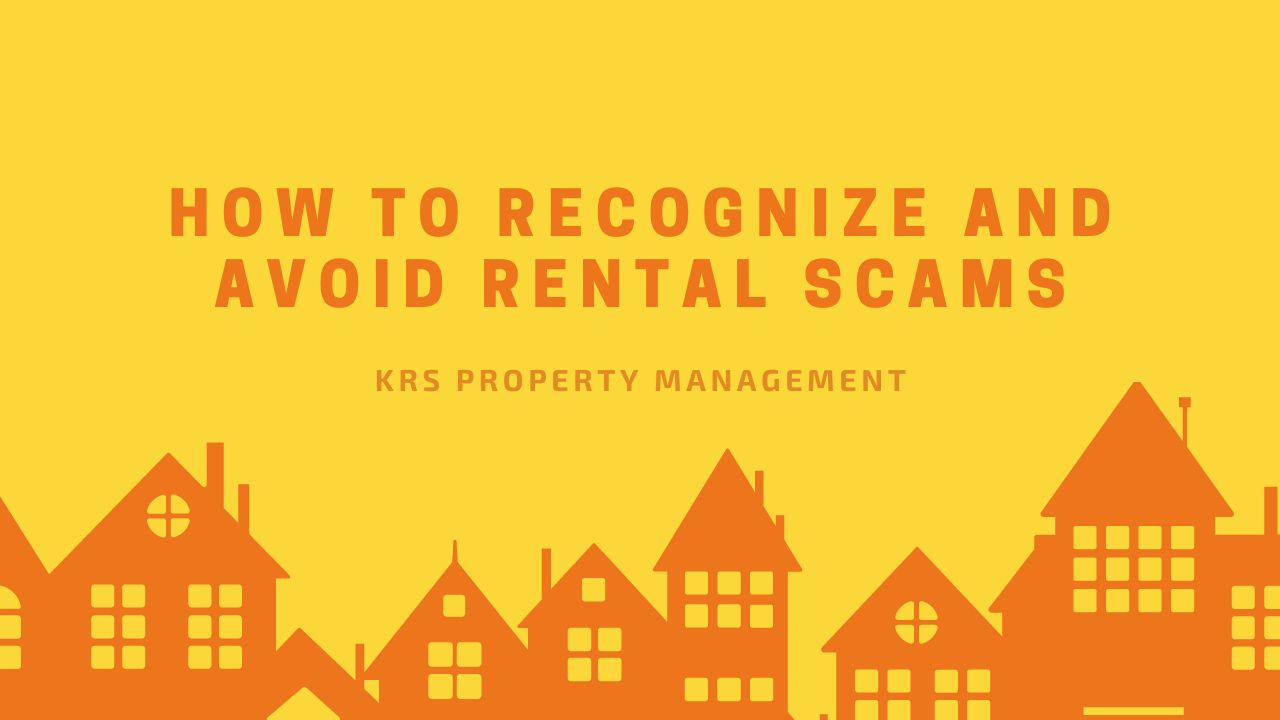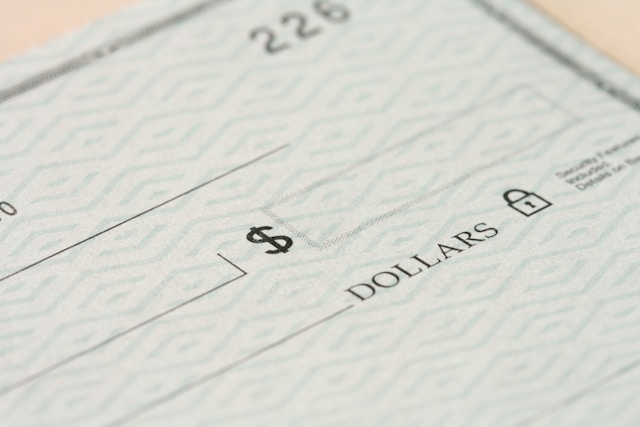
Over the years, rental scams have become a growing concern for landlords. Nowadays, scammers employ numerous tactics to deceive both property owners and tenants. Rental scams come in various forms, ranging from fraudulent cheques and fake rental listings to unauthorized subleasing and false rental histories.
Recognizing and avoiding rental scams is paramount for landlords to protect their investments and reputation within the rental industry. To help you out, the experts at KRS Property Management have written this guide. Keep reading to discover some of the most common rental scams and how you can avoid them altogether.
Fake Cheques
One of the most common ways landlords are scammed is by receiving fake cheques from supposedly interested parties to cover rent, security deposits, or other fees. These cheques often appear legitimate, bearing the logos of reputable financial institutions. However, once deposited, landlords soon discover that the funds are non-existent, leaving them in a difficult financial position.
To avoid falling victim to this scam, you should thoroughly assess cheques for security features, verify mailing origins, and consider cashing them before granting tenants access to the property. Additionally, educating oneself about the differences between cashier's cheques and money orders can provide added protection against fraud.

Overpaying Scam
Sometimes scammers posing as interested tenants will issue cheques for amounts exceeding what is required for move-in expenses, such as rent and security deposits. Of course, scammers go on to request a refund of the excess amount. When landlords realize the original cheque is fraudulent, they may have already issued refunds. To safeguard yourself against this scam, you should promptly return overpaid cheques and establish clear policies for refunds in the lease agreement.
Fake Employment Records
In an attempt to bolster their rental applications, some tenants resort to providing landlords with falsified employment information. This may include fabricated job titles, inflated salaries, or even fictitious employers. By creating an illusion of financial stability and reliability, these tenants increase their chances of leasing a property.
To avoid this scam, you should take proactive steps to verify the authenticity of employment records. This may involve contacting employers directly and requesting additional documentation such as pay stubs or employment verification letters. An effective tenant screening process can help you keep your investment protected from unsuitable tenants.
Fake Credit Reports
In addition to faking their employment records, some tenants falsify their credit reports or remove negative financial indicators to improve their chances of securing a lease. You should conduct independent credit checks through reputable agencies or services. By verifying applicants' creditworthiness independently, you can make informed decisions based on accurate information rather than relying on potentially misleading reports.

Resetting the Eviction Process
The eviction process can be difficult and time-consuming. Unfortunately, it can become even harder if tenants work against you. They do so by making partial payments or requesting extensions, effectively resetting the eviction timeline and prolonging their stay. This tactic can leave landlords in a difficult position, as they are unable to evict non-paying tenants.
To protect you against this scam, you should exercise caution when accepting partial payments and consult legal counsel to expedite eviction proceedings if necessary. Clear communication with tenants regarding rent expectations and consequences for non-payment can also help deter those attempting to manipulate the eviction process.
Subletting Scam
In some cases, tenants illegally sublet their units to third parties without informing the landlord. The subtenant typically pays rent to the original tenant, who usually charges a higher rate and pockets the money without passing it on to the landlord. This cannot only lead to financial losses for the landlord but can also result in property damage, holdover tenancies, and legal consequences.
To prevent being a victim of this scam, you should stipulate in the lease agreement that subleasing is prohibited without prior written consent. Additionally, you should conduct regular property inspections to identify unauthorized subtenants.

Fake Listing Scam
With the proliferation of online rental platforms, scammers find it easy to copy and repost legitimate property listings at lower rents, enticing unsuspecting renters. These stolen listings often feature edited photos and misleading information, leading renters to believe they are dealing with legitimate landlords. This scam is not only hurtful to prospective tenants but can also affect your reputation as a landlord.
To protect your property against this scam, you should monitor online listings and report any unauthorized use of your properties you come across. Additionally, you should include watermarks or other identifying features on listing photos.
False Rental History
Some scammers may provide landlords with fake landlord references or rental histories in an attempt to conceal past rental issues or eviction records. The best way to protect yourself from this scam is to verify rental histories by contacting previous landlords directly and cross-referencing addresses with utility bills or public records. Additionally, conducting thorough background cheques and screening applicants carefully can help uncover inconsistencies in rental histories.
Using Residential Property for Commercial Usage
Some tenants attempt to operate businesses or engage in commercial activities from residential properties without their landlord's consent. Unauthorized commercial usage can violate zoning regulations and leave landlords vulnerable to legal liabilities. To prevent this, include clauses in your lease agreements prohibiting commercial activities without prior written approval. Additionally, regular property inspections can also help deter unauthorized commercial usage.
Bottom Line
Rental scams range from fake cheques and falsified information in the rental application to subletting or using a property for commercial usage without the landlord’s permission. Awareness and diligence are crucial for landlords to safeguard against these common scams. By understanding common tactics and implementing preventive measures, such as thorough tenant screenings, clear lease terms, and regular property inspections, you can protect your properties and financial interests.
If you have more questions about rental scams, contact KRS Property Management! Our experienced team will be happy to help you keep your investment protected.






